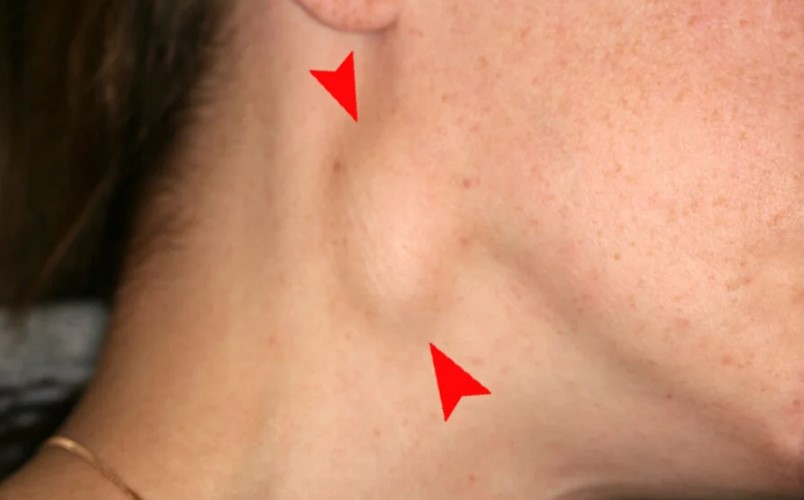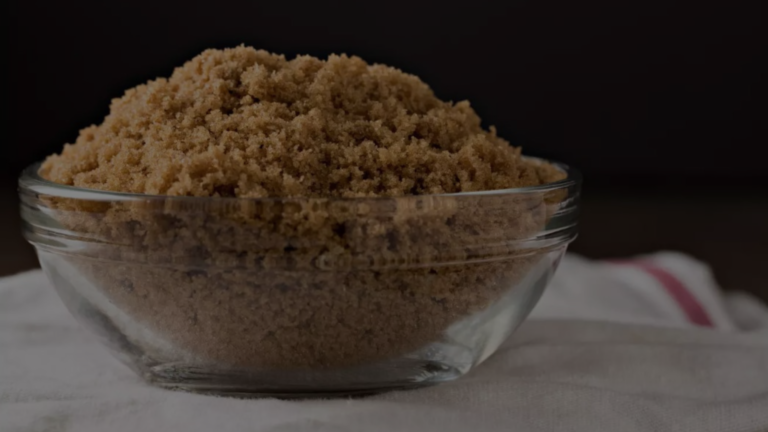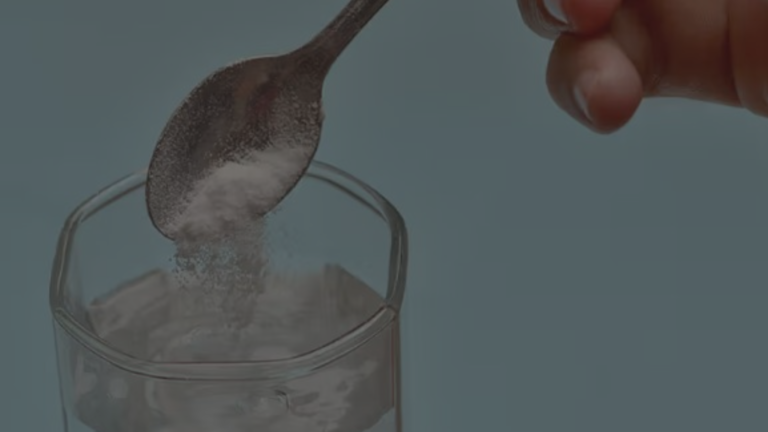Can Diabetes Cause Swollen Lymph Nodes?
In our journey toward optimal health and well-being, understanding the intricacies of our body is paramount. One topic that often arises is the connection between diabetes and swollen lymph nodes. Is there a link? Can diabetes cause swollen lymph nodes? This article will delve into this subject and provide comprehensive insights to help you stay informed about your health.

What Are Swollen Lymph Nodes?
Let’s start with the basics. Lymph nodes are small, bean-shaped structures throughout our body, which make up an important part of the lymphatic system. These nodes act as filters, trapping viruses, bacteria, and other harmful substances. When they detect an infection, they may swell, a sign that your body is fighting off an invader.
The Diabetes and Swollen Lymph Nodes Connection
Many people with diabetes may wonder if their condition is related to swollen lymph nodes. The short answer is yes, there may be a correlation, but it is important to understand the underlying causes.

Infections and Diabetes
Can diabetes lead to more frequent infections? Unfortunately, yes. High blood sugar levels can weaken the immune system, making individuals with diabetes more susceptible to infections. When infections occur, lymph nodes can swell as they work to clear the infection.
Diabetic Neuropathy
Diabetic neuropathy is a complication of diabetes that affects the nerves. It can lead to changes in the skin and underlying tissues. This can sometimes cause a condition known as diabetic dermopathy, where skin changes may mimic the appearance of swollen lymph nodes.
High Blood Sugar and Inflammation
Chronic high blood sugar levels can lead to inflammation in various parts of the body, including the lymph nodes. This inflammation can cause them to swell.

Medications and Lymph Nodes
Some medications that are commonly prescribed to treat diabetes can have side effects. In rare cases, these drugs can cause lymph node swelling. If you suspect your medication is the cause, consult your healthcare provider.
Other Infections
While diabetes itself can lead to an increased risk of infections, it’s also important to consider that unrelated infections can lead to swollen lymph nodes. Diabetes may contribute indirectly by compromising the immune system’s ability to effectively fight these infections.
Symptoms of Swollen Lymph Nodes
Identifying swollen lymph nodes can be a crucial step in understanding your body’s response. Here are some common symptoms:

- Enlarged Nodes: You may notice that certain areas, such as your neck, armpits, or groin, appear swollen or lumpy.
- Tenderness: Swollen lymph nodes can be tender to the touch.
- Pain: Some people experience pain when they have swollen lymph nodes.
- Warmth and Redness: Inflamed lymph nodes might become warm to the touch and exhibit redness.
- Accompanying Infection Symptoms: Swollen lymph nodes often occur alongside symptoms of infection, such as fever, sore throat, or skin issues.
When to Seek Medical Advice
If you have diabetes and suspect that you have swollen lymph nodes, it is important to consult a healthcare professional. Although there is a link between diabetes and swollen lymph nodes, various other underlying causes can cause similar symptoms. To rule out more serious conditions or infection, a medical evaluation is necessary.
Prevention and Management
Preventing lymph node swelling in the context of diabetes primarily involves good diabetes management:

- Control Blood Sugar: Keep your blood sugar levels within your target range as advised by your healthcare provider.
- Infection Prevention: Minimize your risk of infections by following good hygiene practices, getting recommended vaccines, and taking any prescribed medications regularly.
- Regular Check-Ups: Stay vigilant about your health and attend regular check-ups with your healthcare provider to monitor your diabetes and overall well-being.
Resources & References
For more information on diabetes, lymph nodes, and related topics, consider exploring the following resources:
- American Diabetes Association
- Centers for Disease Control and Prevention (CDC)
- National Institute of Diabetes and Digestive and Kidney Diseases
- Mayo Clinic
- PubMed – Diabetes and Swollen Lymph Nodes
Recommended Articles
Video Suggestion
To further your understanding of swollen lymph nodes, consider watching the video titled “7 Causes of Swollen Lymph Node in neck | Enlarged lymph glands.” This video provides visual insights into the topic and complements the information in this article.
In conclusion, while there is a connection between diabetes and swollen lymph nodes, it’s essential to consider multiple factors and consult a healthcare professional for a precise diagnosis. Understanding the symptoms and possible causes empowers individuals with diabetes to take proactive steps in their health journey.
FAQs – Can Diabetes Cause Swollen Lymph Nodes
Can diabetes cause swollen lymph nodes?
Yes, diabetes can cause swollen lymph nodes. This is because diabetes can weaken the immune system, making it more susceptible to infection. Infection is one of the most common causes of swollen lymph nodes.
What are the symptoms of swollen lymph nodes?
Swollen lymph nodes can cause pain, tenderness, and redness. They can also be warm to the touch.
What are the causes of swollen lymph nodes?
Swollen lymph nodes can be caused by infection, inflammation, or cancer. Infection is the most common cause.
How are swollen lymph nodes diagnosed?
Swollen lymph nodes are diagnosed by physical examination and imaging tests. Imaging tests may include ultrasound, CT scan, or MRI.
How are swollen lymph nodes treated?
Swollen lymph nodes are treated with antibiotics, anti-inflammatory drugs, or surgery. The treatment will depend on the underlying cause of the swelling.
When to see a doctor for swollen lymph nodes?
See a doctor if you have swollen lymph nodes that are large, painful, or do not go away after a few weeks.







